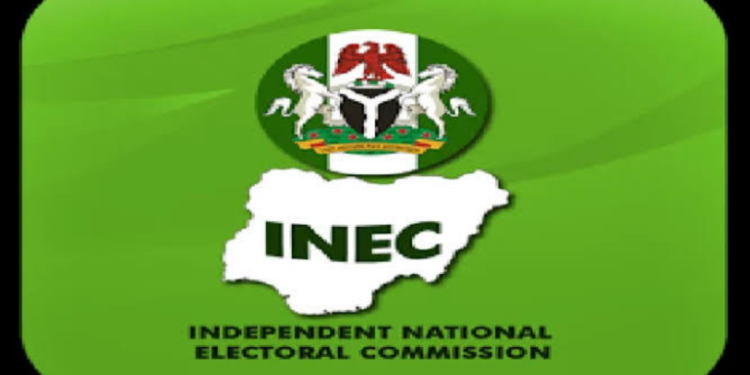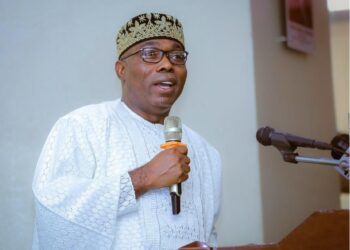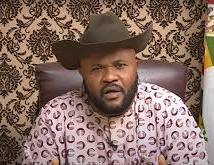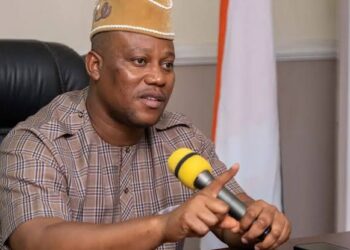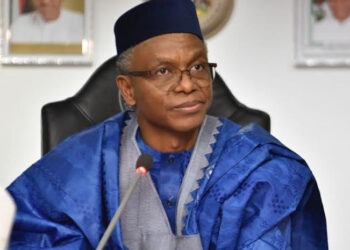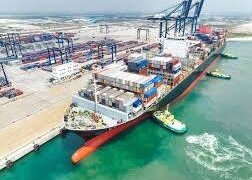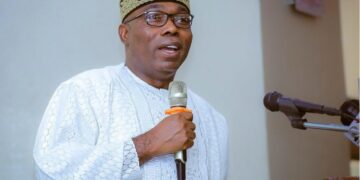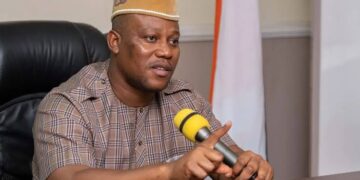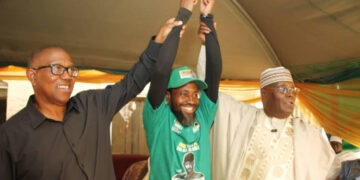An air of anxiety permeates the political landscape as four Nigerian states prepare to conduct local government elections today.
This anxiety stems from the myriad issues, unexpected developments, and political maneuverings that have characterized the lead-up to these elections.
Voters in Rivers, Benue, Akwa Ibom, and Jigawa states will have the opportunity to select their preferred candidates for both chairmanship and councilor positions in their respective local government.
However, concerns are mounting that the ruling parties in these states will dominate the elections, continuing their track record despite the autonomy granted to local government areas.
Political analysts predict that today’s elections will mirror previous ones, where state governors exert significant influence over the outcomes.
Many Nigerians fear that the elections will unfold similarly to recent contests held in Kwara, Kaduna, Kebbi, Sokoto, and Anambra states, where ruling parties swept all available seats.
A multitude of issues surrounding today’s elections contribute to this climate of uncertainty.
These include intra-party conflicts, attempts by certain political factions to boycott the elections, and ongoing court cases that have resulted in conflicting orders regarding the electoral process.
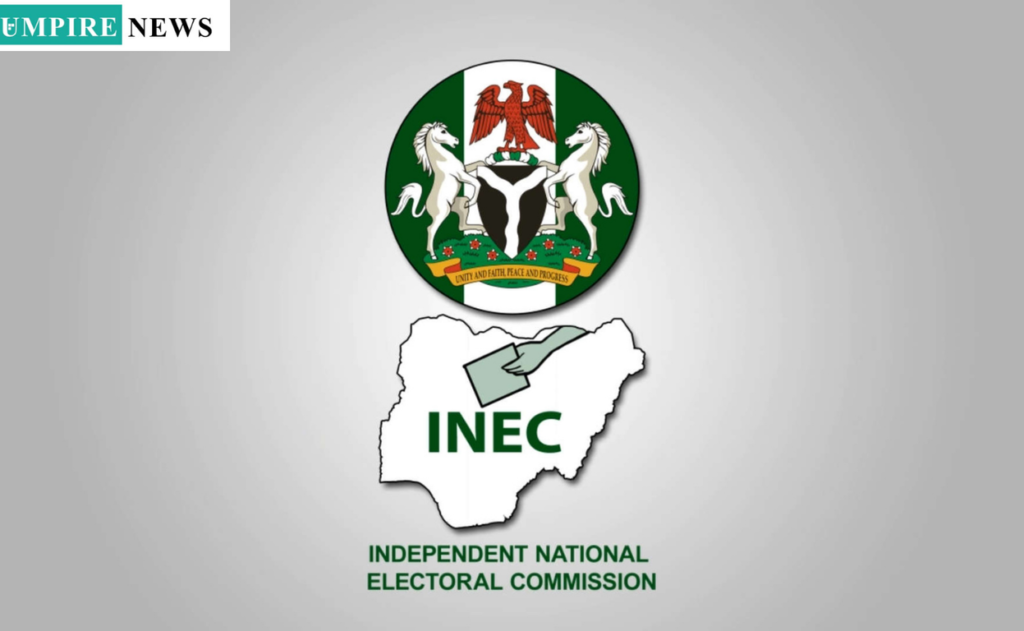
Rivers State Dynamics
In Rivers State, the situation is particularly precarious, marked by unexpected twists and turns. Analysts suggest that if elections proceed as scheduled today, the Action People’s Party (APP) could potentially win all available seats.
This speculation follows the recent defections of key political figures loyal to Governor Siminalayi Fubara to the APP, alongside the ongoing crises within both the All Progressives Congress (APC) and the Peoples Democratic Party (PDP).
It is essential to note that several caretaker committee chairmen associated with Governor Fubara have recently shifted their allegiance to the APP.
Additionally, a faction of the PDP that is loyal to Nyesom Wike, the Minister of the Federal Capital Territory, has withdrawn from the elections.
In contrast, another faction of the APC, led by Emeka Beke and aligned with former Governor Rotimi Amaechi, has announced its commitment to participate in the elections.
Yet, the faction led by Chief Tony Okocha, which aligns with the former governor Nyesom Wike and is recognized by the National Working Committee (NWC) of the APC, has declared plans to boycott the elections.
This fragmentation within party ranks complicates the electoral landscape further.
Political observers predict that Governor Fubara may ultimately align himself with the APP due to his existing tensions with Wike, as both leaders vie for control over the political landscape in Rivers State.
However, Fubara has publicly dismissed any plans to defect, as demonstrated when he hosted the leadership of the PDP Board of Trustees (BoT), led by Senator Adolphus Wabara, at the Government House in Port Harcourt.
In the lead-up to today’s elections, Rivers State has experienced a series of dramatic political developments. Despite these intrigues, Governor Fubara has emphasized the importance of conducting the elections.
He has made it clear that the Inspector General of Police will be held accountable for any security disruptions in the state. This declaration came shortly after his inspection of the Rivers State Independent Electoral Commission (RSIEC) office.
Meanwhile, the Nigeria Police Force has stated that it will adhere to a Federal High Court ruling that bars the conduct of the local government elections scheduled for today.
The police spokesperson, SP Grace Iringe-Koko, confirmed that they were aware of the September 30 judgment halting the elections.
In a surprising turn of events, Governor Fubara led a delegation to the RSIEC office early on Friday to counter an alleged attempt by the police to break into the facility and seize materials intended for the elections.
Reports indicated that police officers dispatched from the neighboring Abia State attempted to execute this operation but were thwarted by Fubara and his supporters.
On Thursday, the PDP announced its withdrawal from the elections, citing conflicting court orders.
The state chairman of the PDP, Aaron Chukwuemeka, led a protest at the police headquarters and the State Security Service (SSS) to urge the suspension of the elections based on existing court orders.
Political Turmoil in Benue
In Benue State, both the main opposition party, the PDP, and the ruling APC face significant internal strife as they head into the elections.
Two factions within the PDP, led by former governors Gabriel Suswam and Samuel Ortom, are embroiled in a power struggle for control of the party’s structure.
Tensions escalated yesterday morning when the newly inaugurated State Working Committee (SWC) of the PDP found itself locked out of the party’s state secretariat in Makurdi.
This SWC, allegedly backed by Ortom, attempted to collect handover notes from the outgoing caretaker committee but arrived to find the building secured.
Efforts to contact key party officials for clarification have been unsuccessful, exacerbating the confusion.
This incident follows a series of allegations regarding the party’s congresses, with one faction accusing the NWC, led by Amb Iliya Umar Damagum, of manipulating ward and local government congresses, leading to legal disputes.
Elders loyal to Suswam, represented by Terngu Tsegba, have called for interventions to restore order within the party. They allege that numerous local government areas, including Gboko and Guma, did not conduct proper congresses, and in some cases, the results were allegedly hijacked.
Tensions mounted further when a court order was issued to halt congresses in certain areas, which the NWC is accused of ignoring.
In the APC, members are divided between those loyal to Governor Hyacinth Alia and those aligned with the Secretary to the Government of the Federation (SGF), Senator George Akume.
This internal rift persists despite the establishment of a caretaker committee by the NWC that includes representatives from each faction.
The Akume-led faction has reportedly resisted aligning with the APC’s seven-member committee chaired by Benjamin Omale in the state.
Akwa Ibom’s Lackluster Opposition
In Akwa Ibom State, the APC and other opposition parties seem lackluster in their election campaigns, with analysts noting that they appear to be “sleeping” through the process.
Despite the presence of influential figures such as Senate President Godswill Akpabio, political analysts contend that winning the elections will be a daunting task for the APC due to ongoing intra-party conflicts.
However, Senator Ita Enang, chairman of the APC Local Government Election Campaign Council, has asserted that the party is fully prepared and committed to winning the upcoming elections.
Governor Umo Eno has promised a level playing field for all parties; however, the APC leadership has expressed a lack of confidence in the state electoral body’s chairman, Aniediabasi Ikoiwak.
Jigawa’s Strict Measures
In Jigawa State, the police command has imposed restrictions on all vehicular movement starting at midnight on Saturday, October 5, 2024, until 6 PM that same day, with exceptions for essential services.
This decision was communicated through a statement by the command’s public relations officer, DSP Lawan Shiisu Adam.
The police have cautioned political parties and their supporters against engaging in violence or using weapons, urging strict adherence to the regulations governing the electoral process.
The Outlook for Local Government Elections
In light of these unfolding events, Chief Jackson Lekan Ojo, a political analyst, expressed concerns that the elections may turn out to be “charades as usual.”
He lamented the prevailing situation in which state governors and ruling parties routinely manipulate local election processes to favor themselves.
Ojo stated, “A situation where state governors and their cronies sit in their comfort zones and write local government election results to favour themselves is worrisome and condemnable.
It is time we challenged the situation for better.” He further urged the National Assembly to enact legislation mandating the Independent National Electoral Commission (INEC) to oversee local government elections across the country.
As the elections unfold in Rivers, Benue, Akwa Ibom, and Jigawa states, the outcome will likely reflect the broader issues of political manipulation, intra-party conflicts, and the struggle for power that continue to challenge the democratic process in Nigeria.
The situation remains fluid, and the results
will undoubtedly have significant implications for the political landscape in these regions moving forward.


